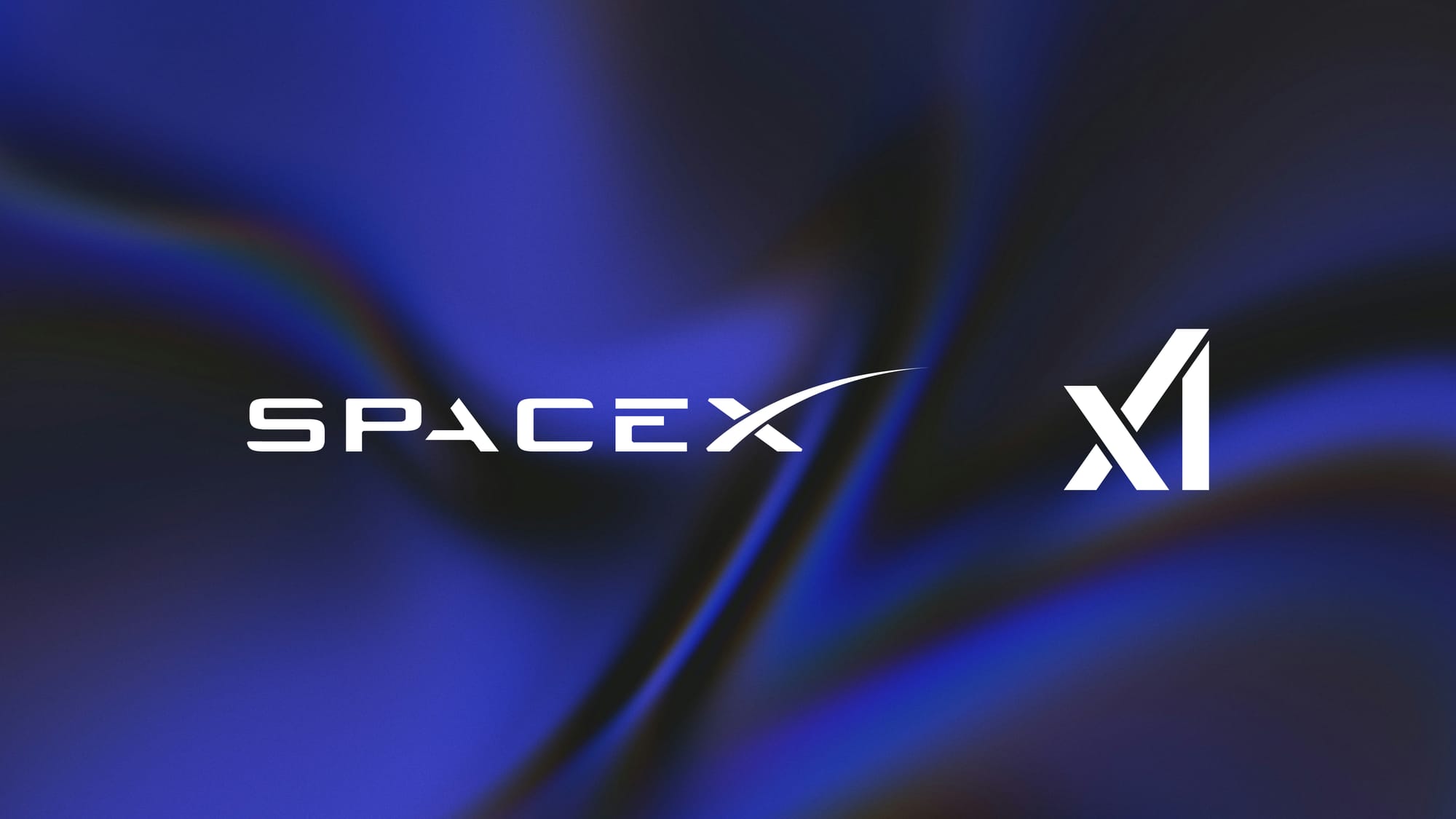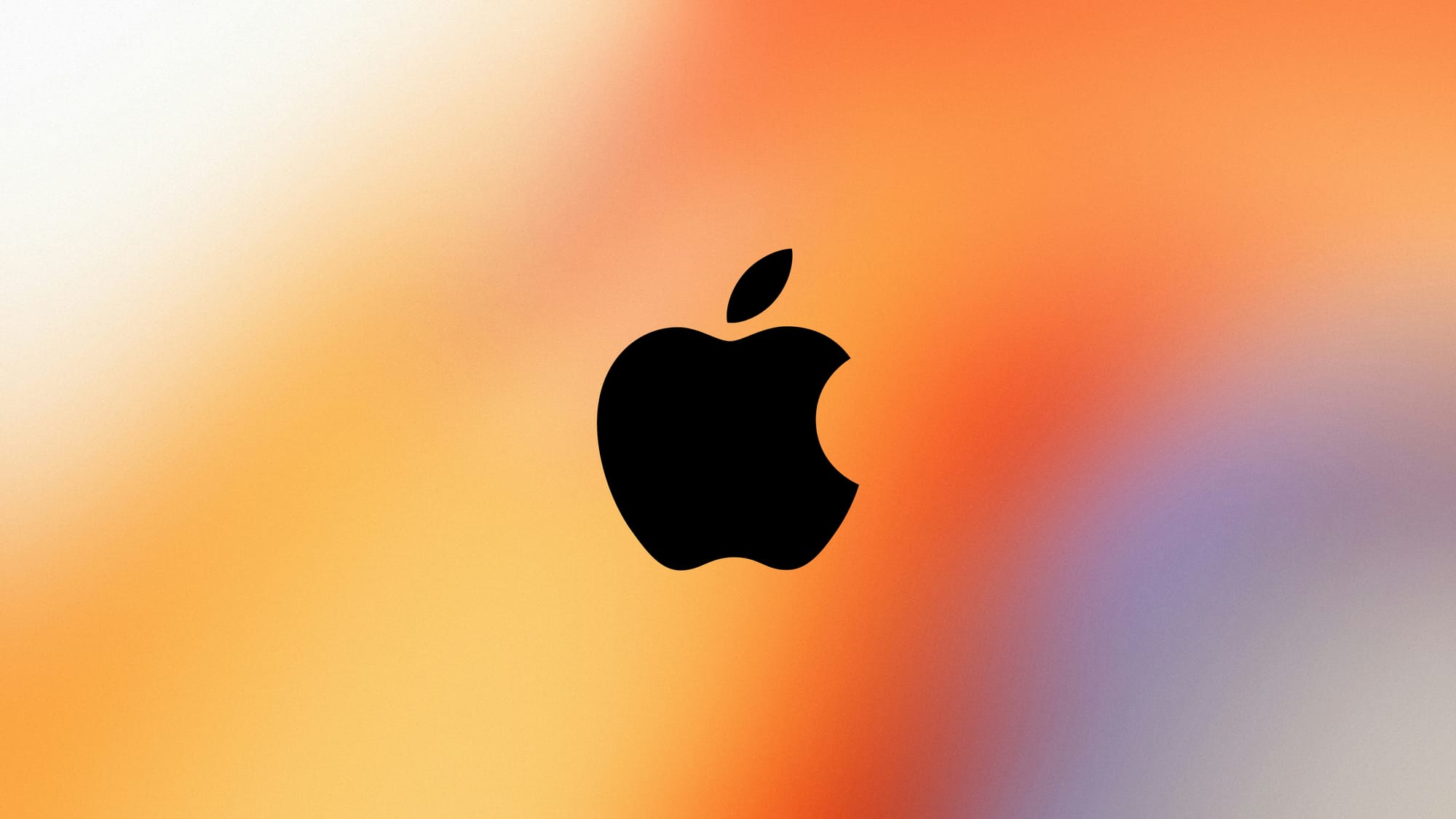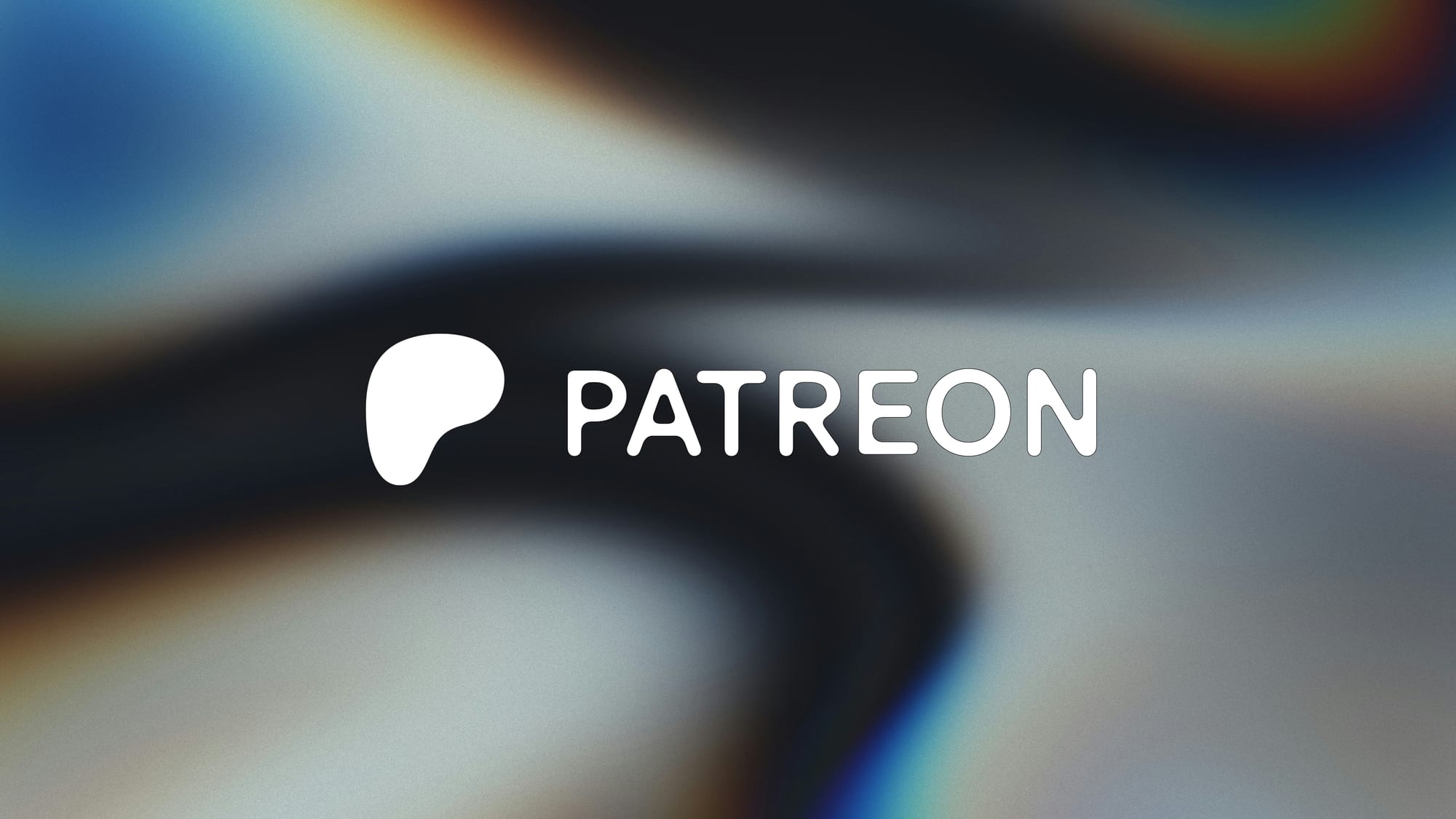Apple’s Siri may soon get its smartest brain yet: a custom version of Google’s Gemini powering a new AI search and summarization layer inside Siri, per multiple reports and briefings this week. If finalized, the move would mark a pragmatic shift for Apple toward hybrid AI, blending in-house models with partner technology to accelerate usefulness for US consumers.
What’s reportedly happening
Bloomberg reporting indicates Apple has been trialing a Google-built model for Siri’s summaries as part of a broader “World Knowledge Answers” capability that marries web search with AI-generated responses across Siri, Safari, and Spotlight. Quotes from coverage: “a ‘formal agreement’ for Apple to trial a Google-developed AI model for generating summaries in Siri,” and an interface that blends text, images, video, and points of interest. Timing chatter suggests a rollout window in 2026 after delays to the previously promised Siri overhaul.
Why this is a big deal
Strategically, licensing pieces of Gemini would signal Apple’s willingness to prioritize near-term user value over a purely in-house stack—mirroring how the Safari default search deal pragmatically balanced rivalry with reach. Practically, Gemini-powered summaries could close the gap with AI assistants that already deliver robust, cited answers and multimodal context, a pain point for Siri loyalists in the US who juggle tasks across apps and the open web.
How the new Siri might work
Reports describe three core components: a planner to interpret commands, a search operator that spans device and web, and a summarizer that packages results succinctly. This aligns with Apple’s “World Knowledge Answers” and could extend beyond Siri into Safari and Spotlight for fast, multimodal answers. Expect server-side processing via Private Cloud Compute for privacy, with Apple’s own models handling on-device and personal-data tasks while a tuned Gemini variant tackles web-grounded synthesis.
Business implications in the US
- Competitive dynamics: A Gemini-infused Siri would rapidly raise the baseline for default assistants on iPhone, pressuring OpenAI tie-ins and vertical AI startups to differentiate on depth, latency, and privacy guarantees for American consumers and enterprises.
- Distribution power: If Siri, Safari, and Spotlight surface “World Knowledge Answers,” Apple could reclaim top-of-funnel intent from traditional search, shifting ad and affiliate economics—especially for local and commercial queries common in the US market.
- Privacy positioning: Running a customized Gemini on Apple’s servers via Private Cloud Compute would let Apple maintain its privacy narrative while adding cutting-edge AI capability—crucial for US enterprise adoption.
Risks and open questions
- Dependency risk: Relying on Google for core AI summaries introduces supplier concentration risk and potential negotiation leverage for Alphabet over time. Governance and fallback plans will matter.
- Product timing: The Siri overhaul has slipped; press reports now point to 2026 windows for fuller capability, suggesting staged rollouts and user education challenges.
- Model mix: Apple is evaluating internal versus external models; the ultimate blend—and when it flips from trial to default—remains undecided.
Professional take
If Apple executes a hybrid model—utilizing Apple Intelligence for personal context and Gemini for web-grounded synthesis—it can deliver meaningful gains quickly while maintaining high user trust. For US brands and publishers, prepare content for AI-native answer boxes (structured data, clear summaries, verified claims), and monitor Siri/Safari referrals as “answer-first” interfaces expand. The long game: assistant-led discovery will favor entities that are technically optimized and semantically authoritative.














Discussion